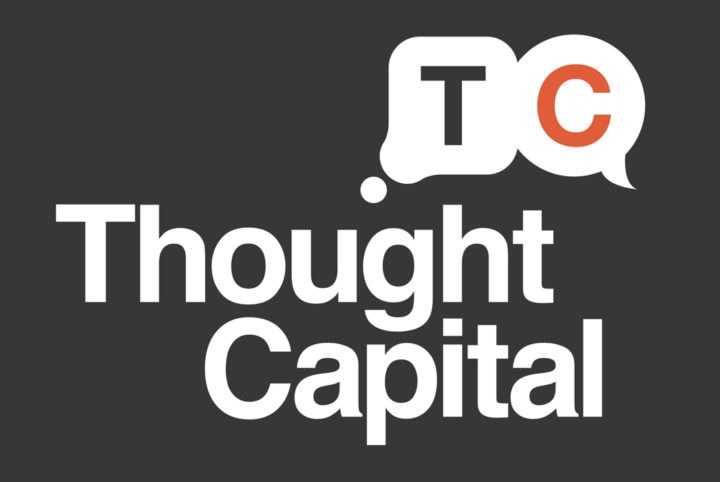
Corporate Social Responsibility reporting by companies aims to build trust and help investors make informed decisions. But does it really work this way?
At a time of declining trust in corporations and increasing scrutiny of societal impact beyond financial returns, assurance research has presented an opportunity to increase accountability for corporate behaviours.
According to a KPMG Sustainability Survey from 2020, 92 per cent of ASX100 companies and 76 per cent of G250 (the world’s largest 250 companies by Fortune 50) report corporate social responsibility (CSR) information.
CSR outlines a corporations’ environmental and social performance in the annual report, to meet the increasing information demand of investors and other stakeholders.
Around 60 per cent of these companies also obtain independent assurance on CSR information.
But, despite companies’ efforts in reporting more information and rebuilding trust, the subjective and non-standardised nature of CSR information makes it difficult to verify the reliability of these disclosures.

CSR helps to meet the increasing information demand of investors and other stakeholders.
Do investors rely on CSR assurances?
While companies are going to great lengths to provide this information, do investors rely on it or even factor it into their investment decisions?
Through a series of related papers, Dr Soon-Yeow Phang, a lecturer in the Department of Accounting at Monash Business School examined the benefits of companies providing these assurances, and whether or not this enhanced investor trust in the CSR disclosures and investment decisions.
“Combined assurance aims to enhance the reliability of non-financial information by strengthening the company’s risk management and assurance coordination,” Dr Phang says.
“But, any benefits in trust-building and influencing behaviour are lost if investors do not perceive the CSR disclosures to be credible.”
This process is also referred to as the ‘three lines of defense’ model’ which recognises that the assurance and risk management activities of management, internal assurance providers, and external assurance providers should be coordinated.
“Based on this coordinated framework, the audit committee coordinates the assurance roles of management, internal assurance and external assurance providers and determines the effectiveness of risk management, internal controls and reporting quality,” Dr Phang says.
Dr Phang and co-author Dr Hien Hoang (UNSW) wanted to look at how investors perceive CSR information – if they determine it to be more reliable do they become more willing to invest in the company when the company discloses a combined assurance report than the traditional independent assurance report (i.e., reasonable assurance and limited assurance)?
In their study “How Does Combined Assurance Affect the Reliability of Integrated Reports and Investors” published in European Accounting Review, they establish the benefits of implementing a combined assurance approach.
Investors need reliable information
“As integrated reports evolve to meet the needs of stakeholders, it is increasingly important to establish reliable information,” Dr Phang says.
“We looked at ‘combined assurance’ and what impact it may have on restoring investors’ willingness to invest when there are significant reporting reliability risks.
They conducted a series of experiments with different operationalisations of reporting reliability risks and the results were thought-provoking.
They revealed that the communication of combined assurance can restore investors’ perceived reliability of reported information and willingness to invest when there is bad news.
This can also occur when there is a non-financial key audit matter (KAM) indicating estimation uncertainty in the non-financial information; and when there is a financial KAM indicating risks of manipulated financial reporting.
“Our study has implications for practitioners, standard setters, and regulators who are exploring possible mechanisms to enhance the reliability of financial and non-financial information in the integrated reports,” Dr Phang says
Reliability of non-financial information
In their next paper, “Does Positive CSR Increase Willingness to Invest Based on Performance? The Incremental Role of Combined Assurance” they examine how investors react if organisations communicate combined assurance, as compared to when only CSR traditional assurance is communicated,
“We looked at these two measures and wanted to know if this is effective in increasing the reliability of non-financial information,” Dr Phang says.
“It turns out that an investors’ willingness to invest based on these measures is greater when the company’s financial performance is negative than when the company’s financial performance is positive.”
In other words, if the company is not doing well, investors will seek the CSR details and combined assurance.
What does this mean for companies?
When the company has positive performance, perceived reliability and willingness to invest do not change regardless of whether combined assurance is included or not.
But what about when the communication of combined assurance is effective in increasing favourable investment decisions towards a company with negative financial performance.
The research shows that the communication of combined assurance, compared to when only corporate social responsibility (CSR) assurance is communicated, results in a more significant impact on investors’ decisions to invest when the company has negative performance, but this effect is less significant when the company has positive performance.
What this means for policymakers
Current developments in the international standard-setting and reporting practices now emphasise the need for CSR credibility-enhancing mechanisms.
Over recent years the importance of CSR has been pushed globally. Both the International Federation of Accountants and the International Integrated Reporting Council have accelerated the integrated reporting assurance agenda.
In addition, the International Auditing and Assurance Standards Board’s working group has released an extended external reporting (EER) assurance guidance.
“We believe our research contributes to informing the audit profession, standard setters and companies about the effective ways to build trust in CSR information through both traditional independent assurance and this innovative combined assurance approach,’ Dr Phang says.
“At a time when investors’ trust in companies has declined due to heightened reliability concerns or deteriorating financial performance, a combined assurance communication together with CSR independent assurance can be utilised by companies to help restore investors’ willingness to trust this information and invest.”


